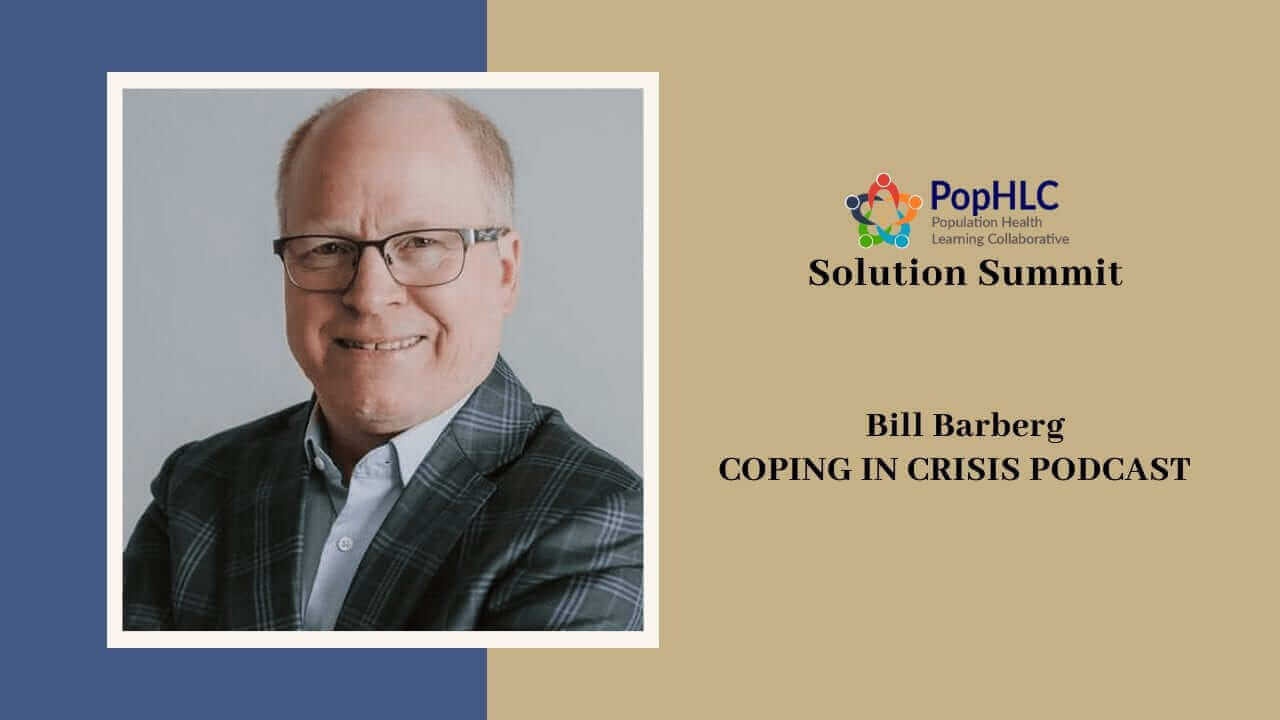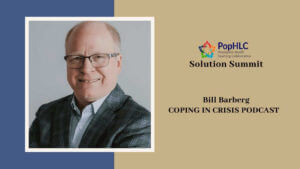
By Bill Barberg - Part 1.
Following the intensely polarizing election, the United States needs healing and pathways forward to address the serious challenges faced by our neighborhoods, nation and world. Together we must improve the economy by addressing the financial struggles of individuals and small businesses.
The Common Ground for a Strong Economic Future
A "common ground" goal of good economic policy is to grow a solid, self-sufficient, and thriving middle class that generates economic value that lifts everyone in our nation. This is not "trickle-down economics" where policies help the rich get richer with the hope that some of that wealth will trickle down to everyone else. This is about policies and actions that help people with low incomes and little wealth to grow their income and wealth. The result would be reduced dependence on government programs, improved family stability, increased generational wealth, and thriving neighborhoods. Instead of "trickle-down," this could be called "grow-up" economics.
With this economic strategy, as more people move up into middle-class, tax revenue would increase-without raising tax rates on the middle- or-lower class-while the cost of many government programs would decrease. This would enable our nation to invest in infrastructure, healthcare and housing systems that keep people healthy, higher education that is accessible to all, and more energy-efficient and planet-friendly communities.
With a "grow-up" economic strategy, immigrants are not "takers" who come in to get free government programs at the expense of hard-working taxpayers. They are a highly motivated group of people who will sacrifice and work hard to build wealth and self-sufficiency that help to create their own future-which then contributes to a thriving economy for everyone else.
This is not the socialism feared by conservatives. Yet it accomplishes the outcomes pursued by progressives-greater equality, reduced poverty, and new revenue to pay for valuable investments in infrastructure, healthcare, education, and transitioning to an economy that can help save the planet.
The Central Role of a National Housing Strategy
A national strategy for housing can be the centerpiece of this "common ground" economic policy. The housing policies and programs of the 1930s, 40s, 50s and 60s were not primarily designed to profit wealthy real estate investors or to maximize the corporate profits of the housing industry. They were designed to benefit the masses. Their purpose was to help a relatively low-income population have a pathway to building wealth, secure housing, and a better quality of life. The housing strategies of that time created the primary economic engine that grew the middle class that helped to create an era of unprecedented prosperity.
However, those housing policies and programs had major flaws. They were intentionally designed to help white people and not help people of color. This became the primary driver of the wealth, health and income disparities we see across the country today, as Richard Rothstein describes in his book, The Color of Law. Also, those policies had no concern for the negative environmental consequences of automobile-centered suburbs and urban sprawl. But for those they were designed to help, the housing policies and programs created the biggest growth in wealth and well-being the world had ever seen.
Now is the time to learn from that era and replicate what worked-but with greater wisdom and a commitment to justice for all. A smart, intentional and multi-faceted housing strategy can be a core part of a "common ground" economic strategy that benefits people of all ages and ethnicities in America. Creating increased wealth and tax revenue would strengthen the nation by helping pay for the costly response to the COVID-19 pandemic, much like the housing-based economic engine after World War II powered the nation's recovery from the Great Depression and helped pay for the extraordinary government spending required to win the war.
Look for Part 2 Next Thursday

